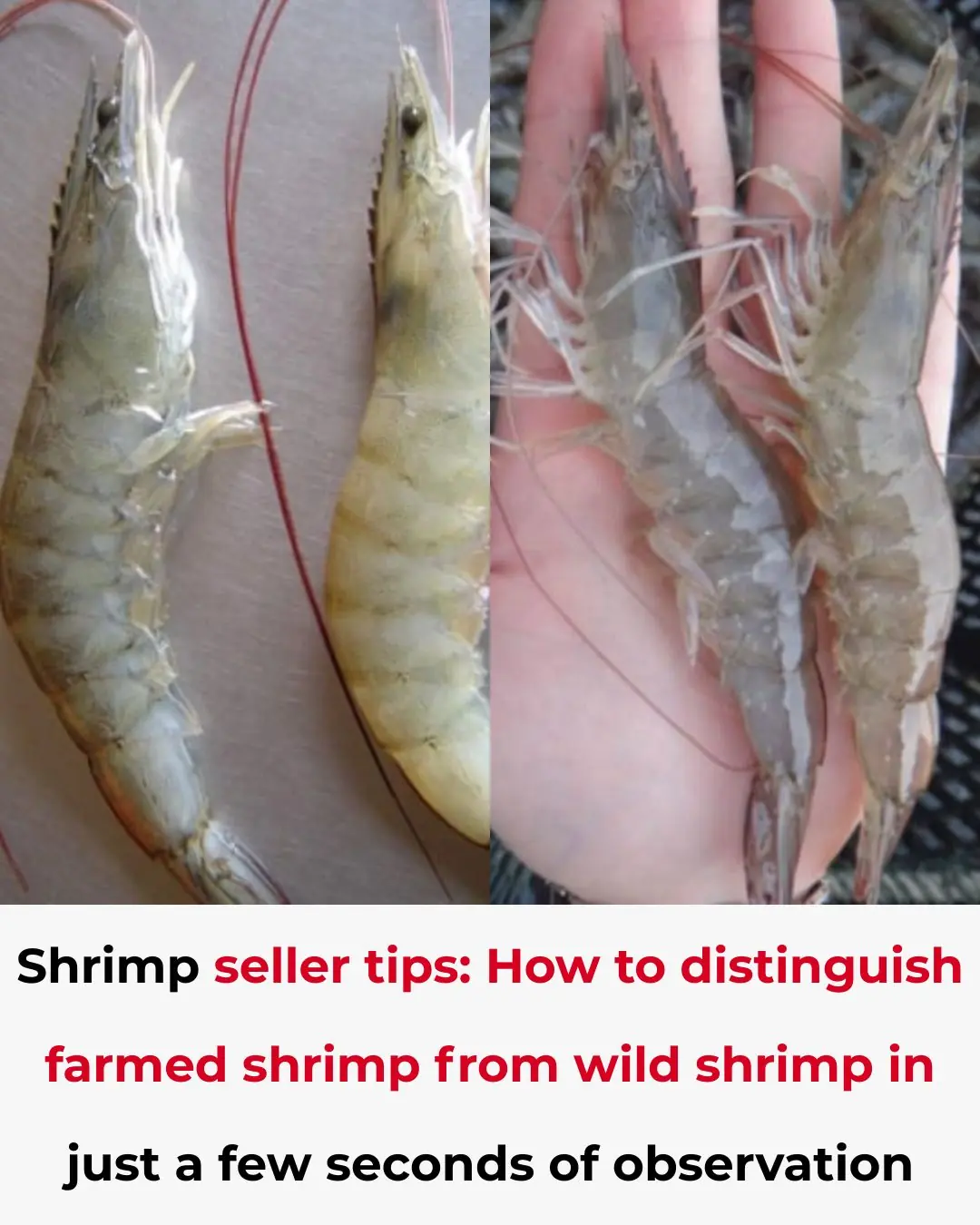
40-Year-Old ‘Stone Baby’ Discovered in Elderly Woman’s Womb After Hospital Visit for Stomach Pain
The human body is capable of harboring some truly bizarre and astonishing phenomena. Consider the man who discovered a two-inch spruce tree growing in his lungs, or another who found a living fly larva embedded in his eyeball—cases that highlight just how mysterious and sometimes unsettling our biology can be.
Among these extraordinary medical curiosities are teratomas—tumors that may contain hair, bones, and even teeth—and the equally chilling phenomenon known as a “stone baby.”
Credit: ABC News
Scientifically referred to as lithopedion, a stone baby occurs when a fetus dies during an abdominal pregnancy, a rare condition in which the embryo implants outside the uterus, usually within the abdominal cavity. Because the fetus is too large to be reabsorbed by the body, it gradually undergoes calcification as part of a protective foreign body reaction. These pregnancies often fail due to insufficient blood supply, and without a natural way to expel the fetus, it remains inside the mother’s body, slowly hardening into a stony mass over time.
One particularly remarkable case emerged in 2013 in Colombia. An elderly woman arrived at the hospital complaining of abdominal pain. To the astonishment of the medical staff, imaging revealed a lithopedion inside her. Even more shocking, the woman had unknowingly carried the calcified fetus for 40 years. According to ABC News, she had been living with the four-pound stone baby for decades, discovering its existence only after undergoing an X-ray.
Dr. Kim Garcsi, who at the time led the ob/gyn clerkship program at University Hospitals Case Medical Center in Cleveland, emphasized the extreme rarity of the condition. She explained that lithopedions have been documented only about 300 times in medical literature, making each case a remarkable anomaly in modern medicine.
Despite its grim implications, Garcsi noted that the calcification process actually serves a protective function for the body. “When you get old cartilage in the knee, it calcifies,” she said. “Most of the time, people discover these, and in some cases, no intervention is required because the patient remains completely asymptomatic.” In other words, the body essentially shields itself from infection or other complications by turning the deceased fetus into a stone-like barrier.
Abdominal pregnancies themselves are extremely rare, occurring in roughly 1 in every 10,000 pregnancies. Advances in modern medical imaging and prenatal care now allow doctors to detect most complications long before a lithopedion could form. The Colombian woman’s case is even more extraordinary considering that she likely became pregnant in the 1970s, when diagnostic tools were far less sophisticated than those available today.
Stone babies have fascinated both medical professionals and historians for centuries. The phenomenon was first described by the 10th-century Spanish Muslim physician Abū al-Qāsim, and by the 18th century, cases had been reported in hares, sheep, and humans across France and Germany. Archaeological evidence has revealed lithopedions dating back thousands of years, including a case discovered in a Texas sinkhole from 1100 BCE. The most recent known case occurred in Kenya in 2020, demonstrating that this rare condition, while extremely uncommon, has persisted across cultures and centuries.
When the story resurfaced on Reddit, it elicited a wave of shock and empathy. One user wrote, “Poor woman. I can’t imagine how confused and sad that must make a person emotionally.” Another commented, “No one took her seriously for 40 YEARS? Not a single radiographic investigation?! Talk about failing her!” A third added, “Wake up babe, a new existential womanly fear just dropped.” These reactions underscore not only the medical curiosity of lithopedion cases but also the profound human dimension of living with such a secret for decades.
Ultimately, stone babies are a stark reminder of the body’s resilience and adaptability. While the idea is unsettling, the calcification process illustrates how the human body can sometimes protect itself in ways that science is only beginning to understand. For medical historians and practitioners alike, lithopedions remain a compelling example of the unpredictable intersection between human biology and medical anomaly.
News in the same category


Reason Why You Should Always Shower At Night

When Women Are Starved of Affection, They Do These 10 Things
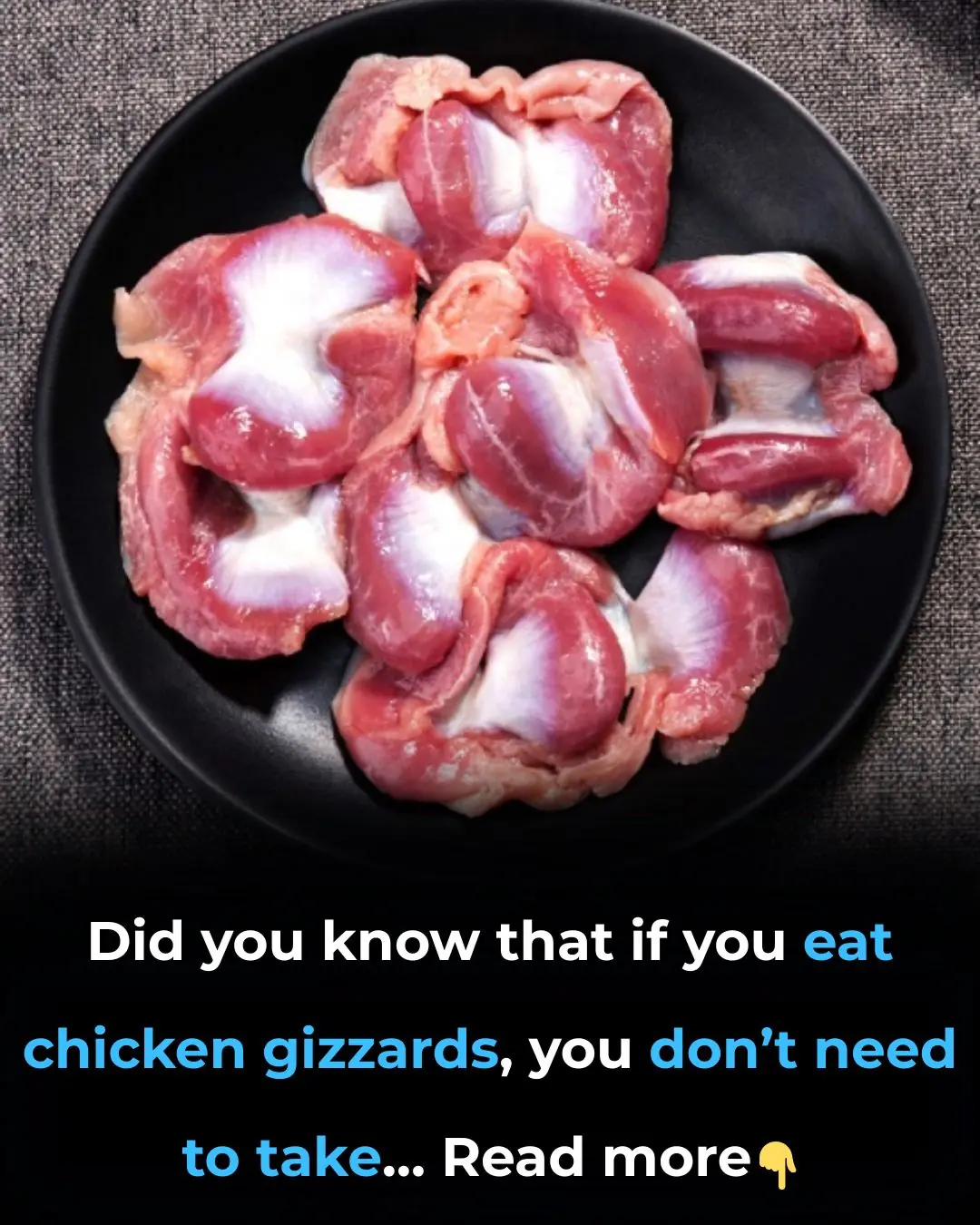
🍗 Did You Know? Chicken Gizzards Are a Nutritional Powerhouse Worth Trying

Why many experts advise against sleeping with window open

6 Telltale Signs You’re Dealing with a Hypocrite
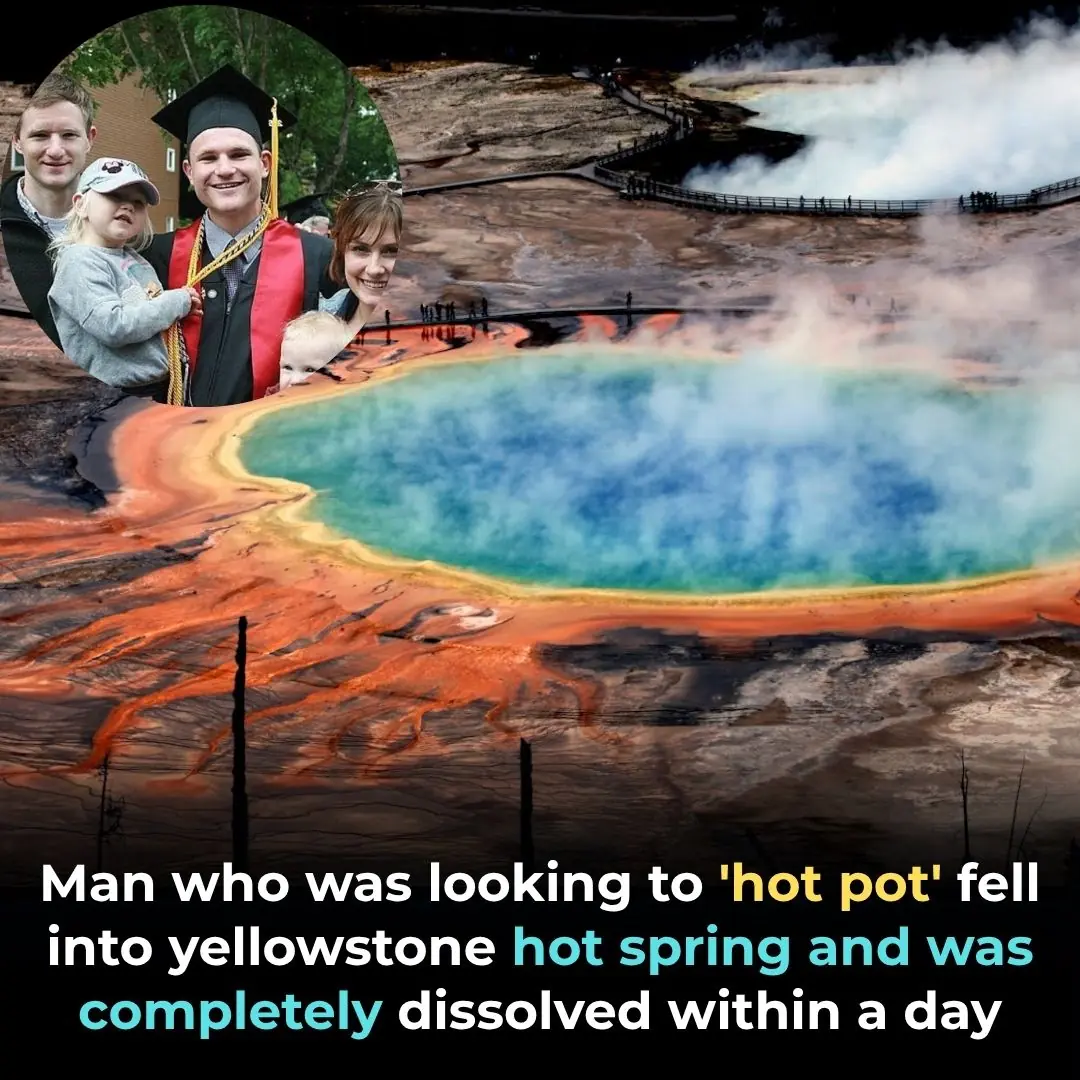
Tragic Yellowstone Hot Spring Accident: Man Dissolved in Hours

Iceland Cancels Whaling Season, Spares Hundreds of Fin Whales in 2025

The Body’s Intuition: Signs of an Impending End

The Shoes You Pick Reveal What Kind of Woman You Are

Stop This Spider From Entering Your Home

Why We Can’t Sleep Without a Blanket Even on Hot Nights
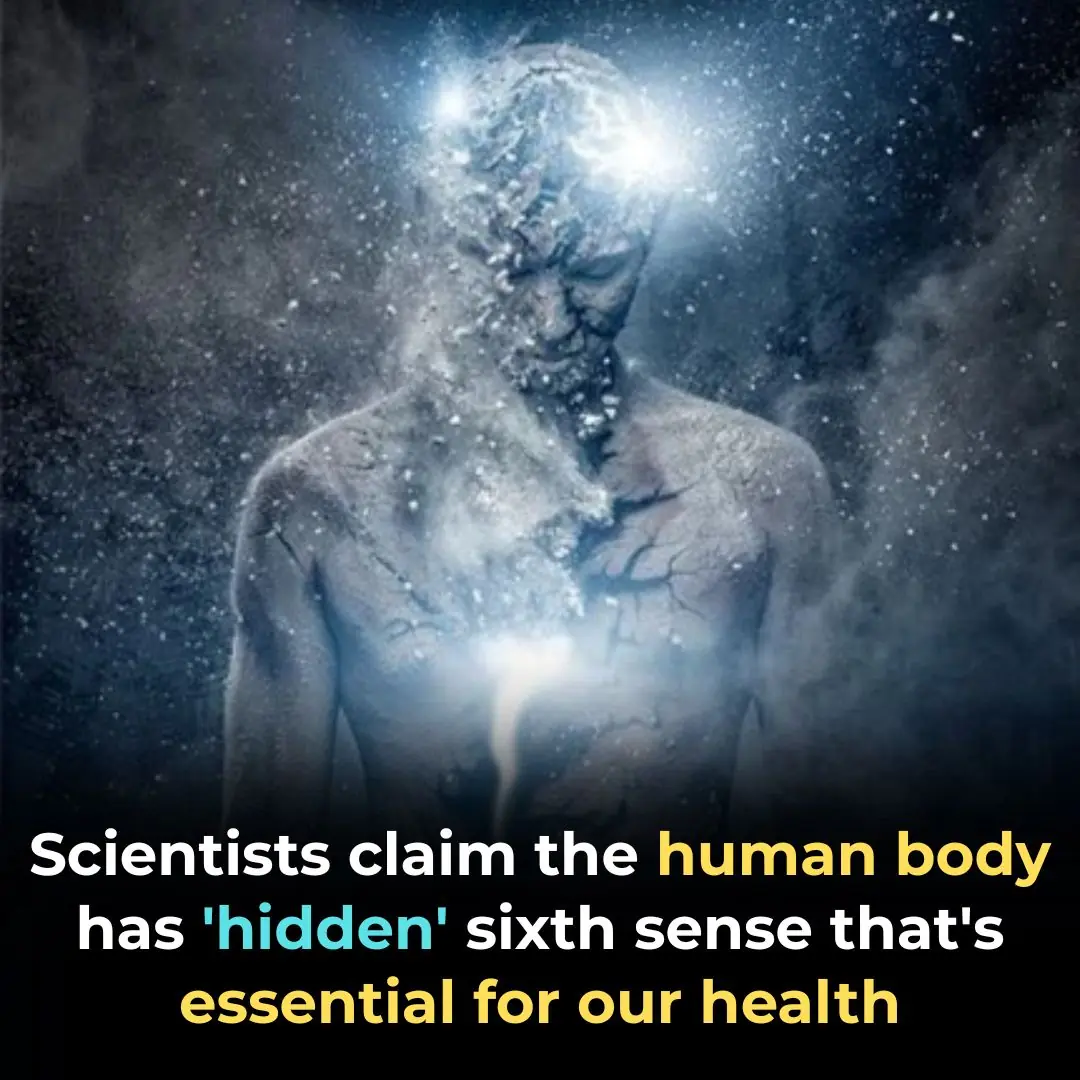
Scientists Reveal Interoception, the Amazing Sixth Sense of Humans

DoorDash Steps Up: Free Deliveries for SNAP Recipients as Federal Assistance Nears Collapse

Trump Blasts TIME Magazine for Unflattering Cover Photo

Nostradamus’s Predictions About Cats In The Home

Here’s Why Many Couples Start Sleeping In Separate Beds After 50

Conveniently keep these 3 things under the bed, no wonder the family is in chaos, has many difficulties, and still works hard

5 Phrases That Indicate a Man is About to Leave His Wife for Another Woman
News Post
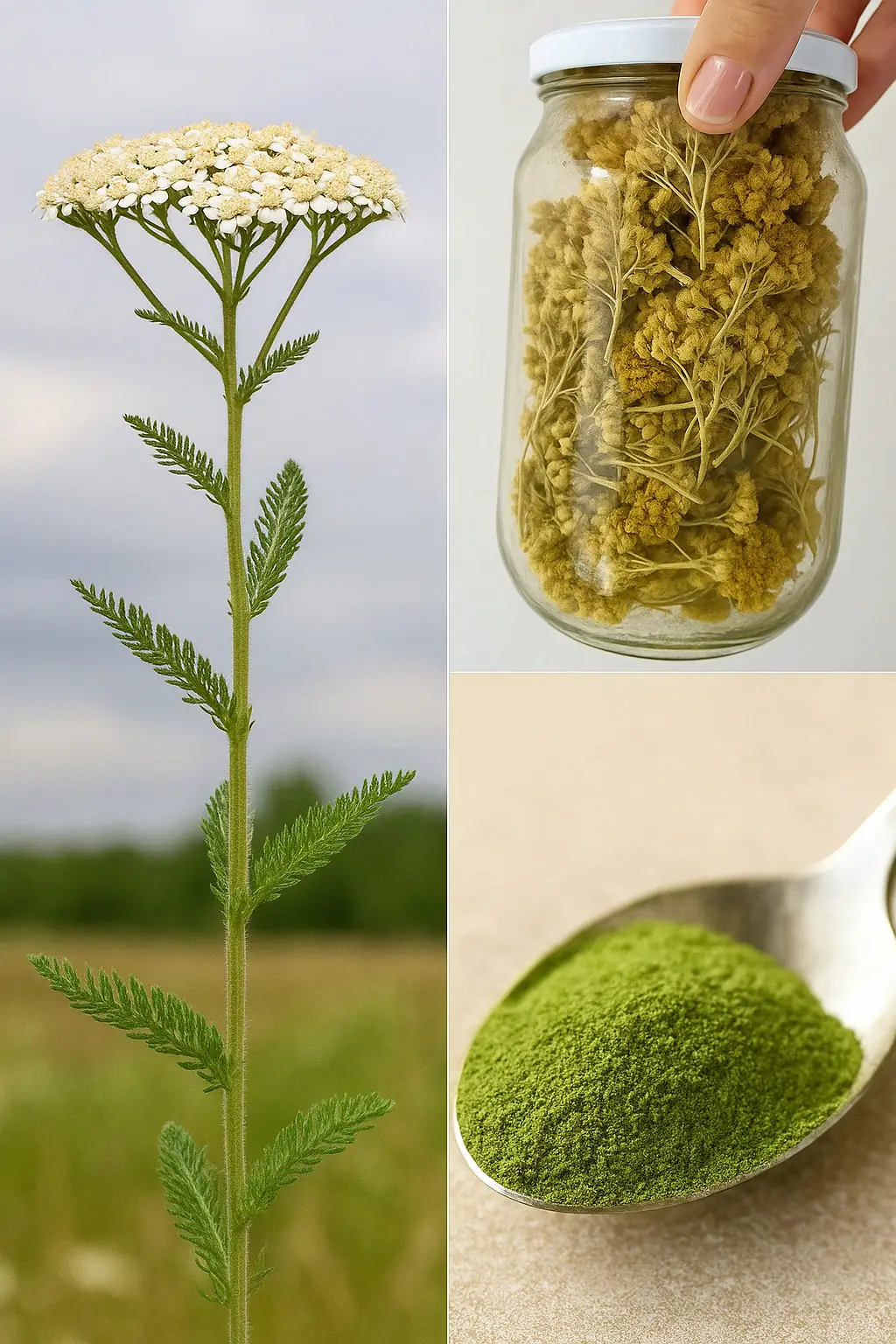
Yarrow: A Timeless Herbal Ally with Amazing Health Benefits

The Heartbeat of Compassion: The Unlikely Hero Who Saved a Hippo's Life
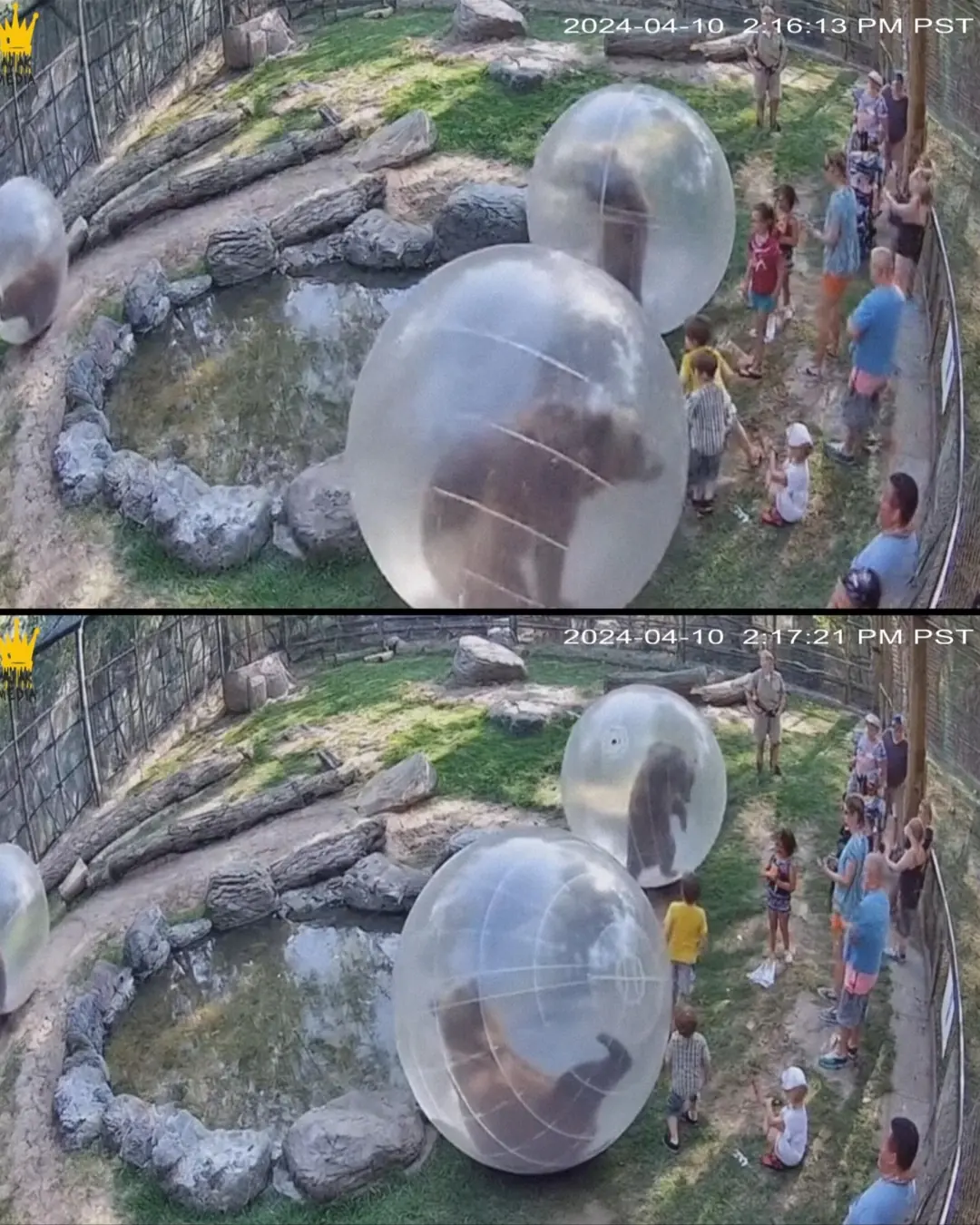
Zoo in Thailand Shut Down After Bears in Giant Hamster Balls Turn on Guests
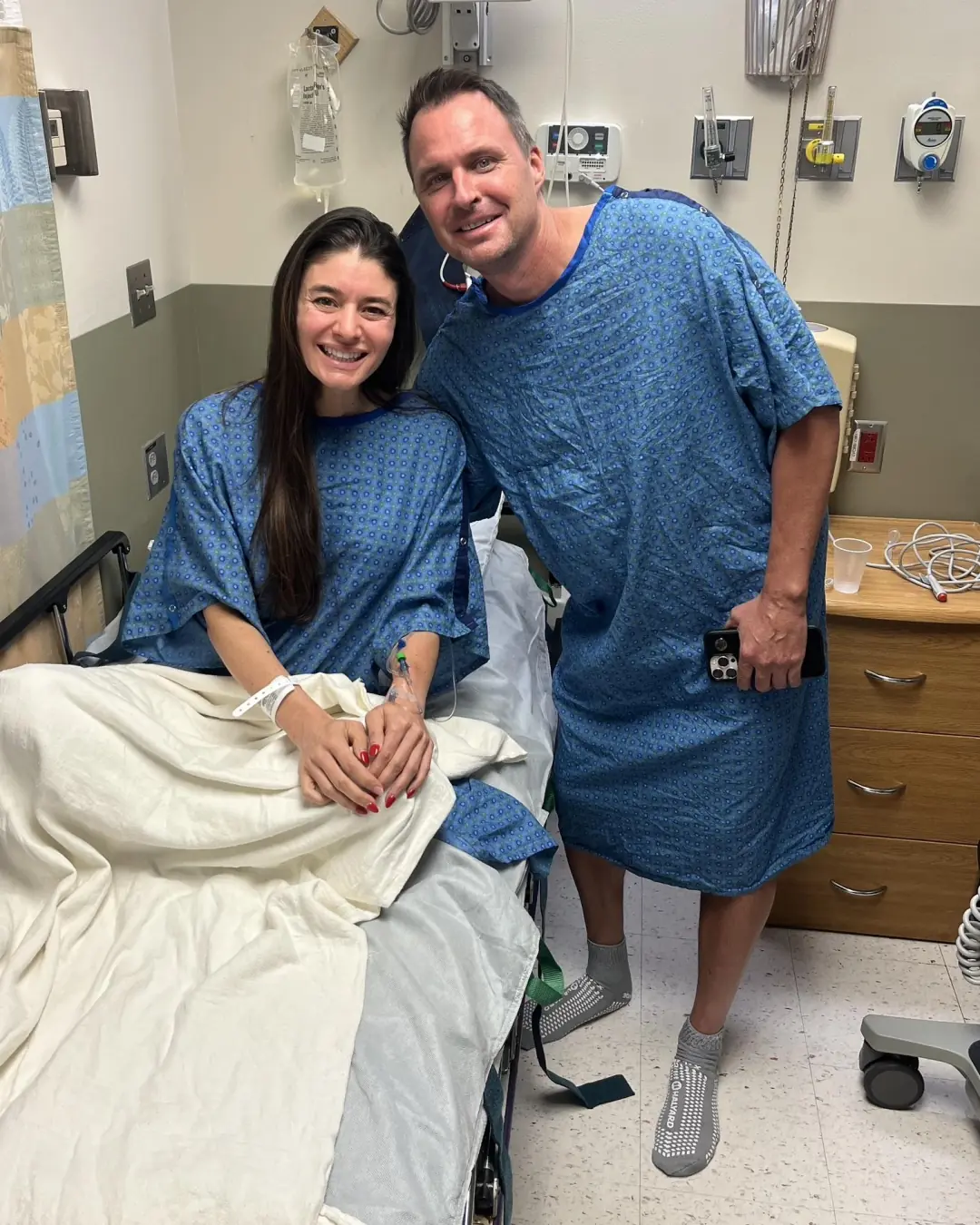
A Pitcher’s Second Chance: How a High School Classmate Stepped Up to Save Steven Register’s Life

Rooting for Will: A Tuesday of Joy Before a Wednesday of Courage

Two Hearts That Needed Each Other.

The Mother Who Delivered More Than Food.

The Boy Who Paid for a Stranger’s Meal When No One Was Watching.
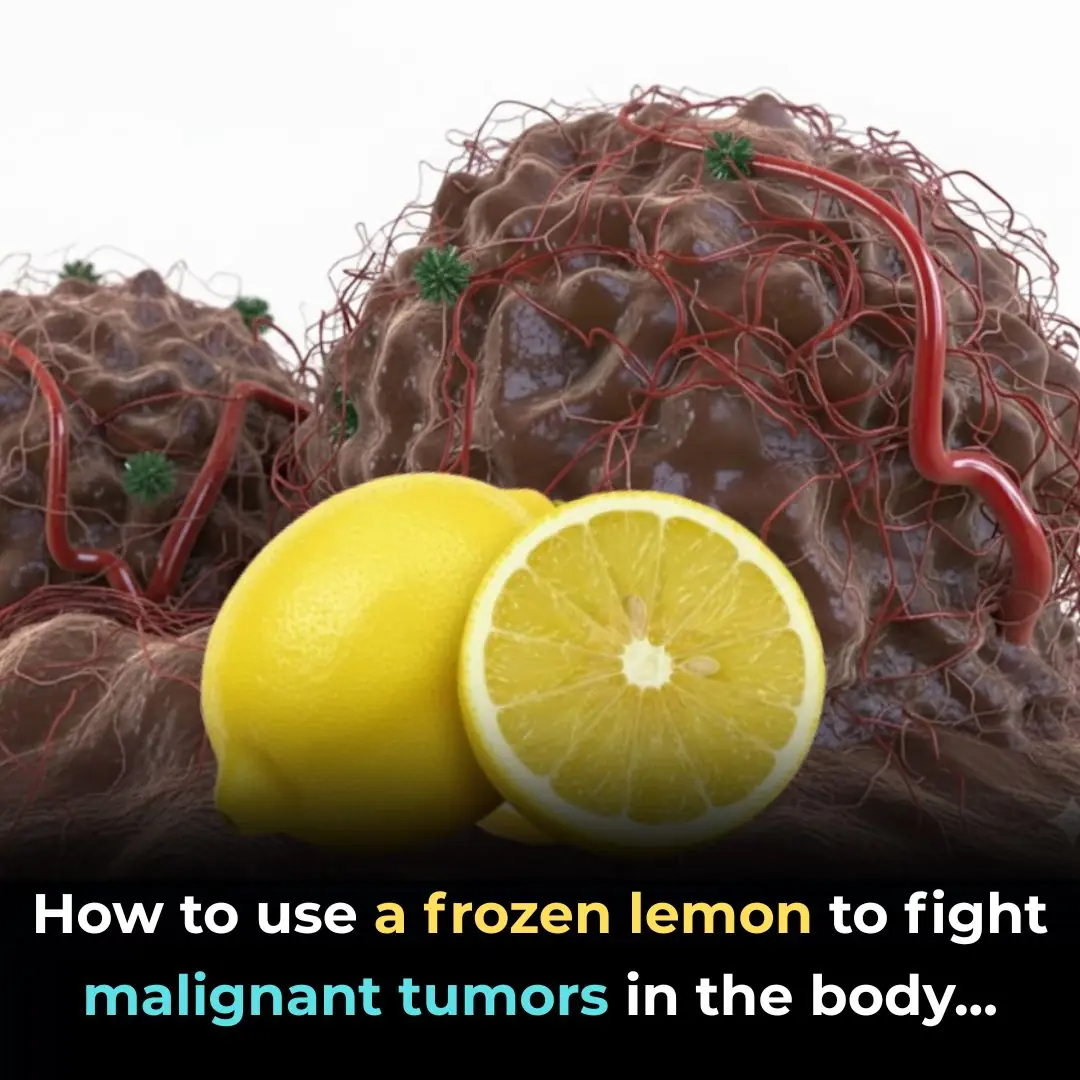
How To Use a Frozen Lemon To Fight Malignant Tumors in The Body

Can I Eat Without Hiding Now?

He Thought It Was Just Another Shift — Until a Life Was Placed in His Hands.
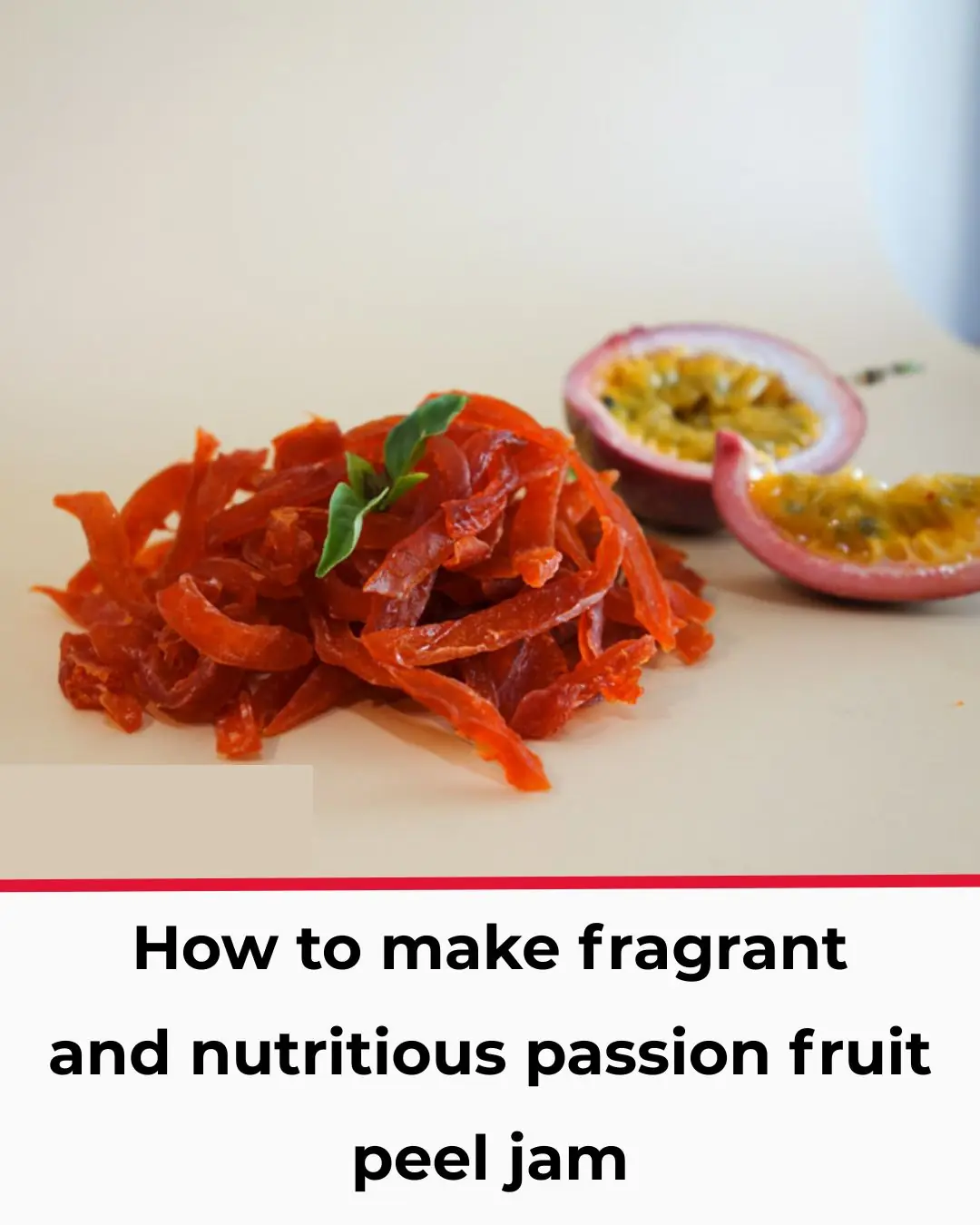
How to make fragrant and nutritious passion fruit peel jam

The refrigerator gasket is moldy, use this to clean it, it will be clean in just 5 minutes

How to make spicy and sour pickled cabbage to eat during Tet

Winter drink lemon honey ginger water, body 5 special benefits
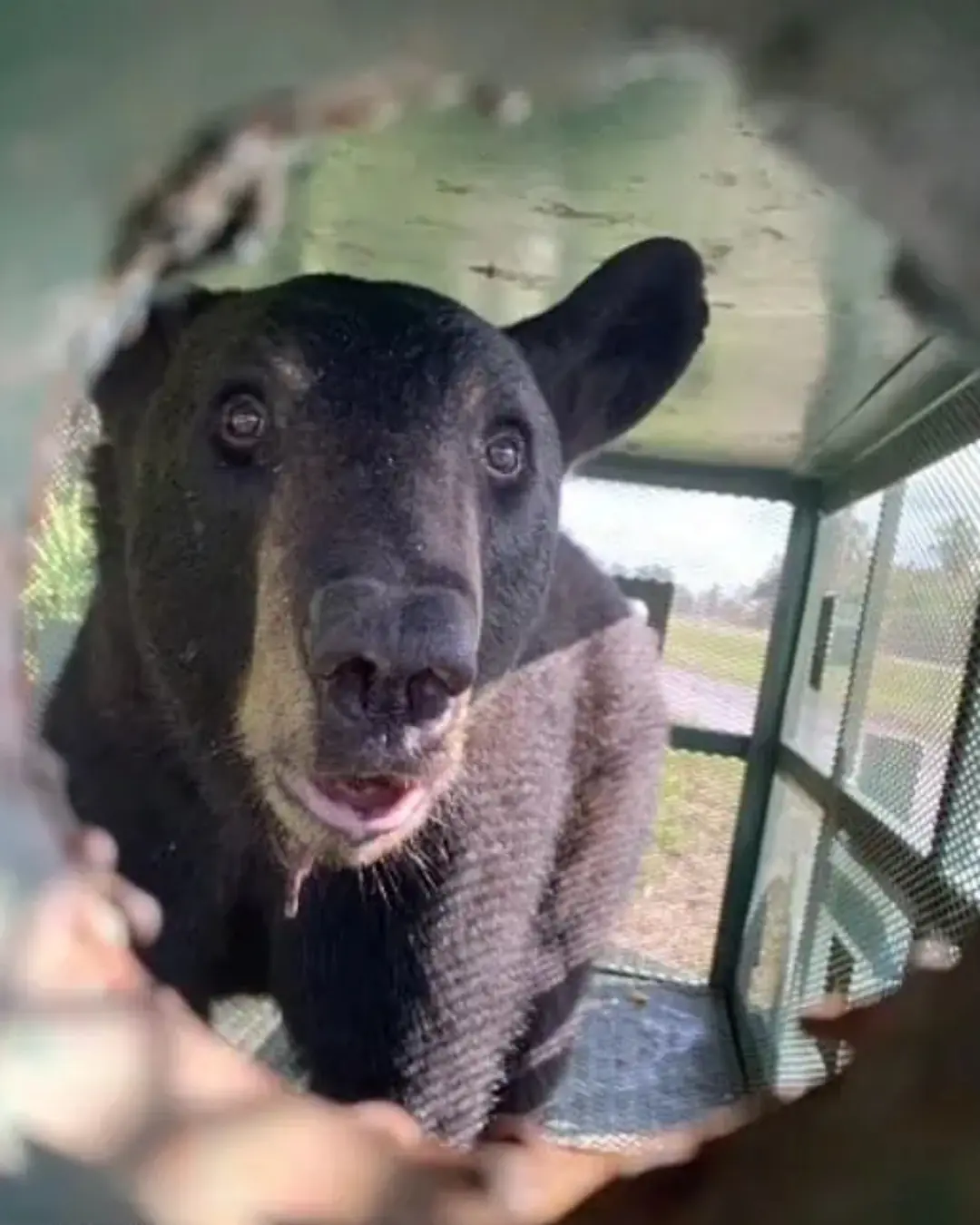
The Little Bear Who Just Needed a Way Home.

Tet candies have desiccant packets, remember to keep them because they are extremely useful.
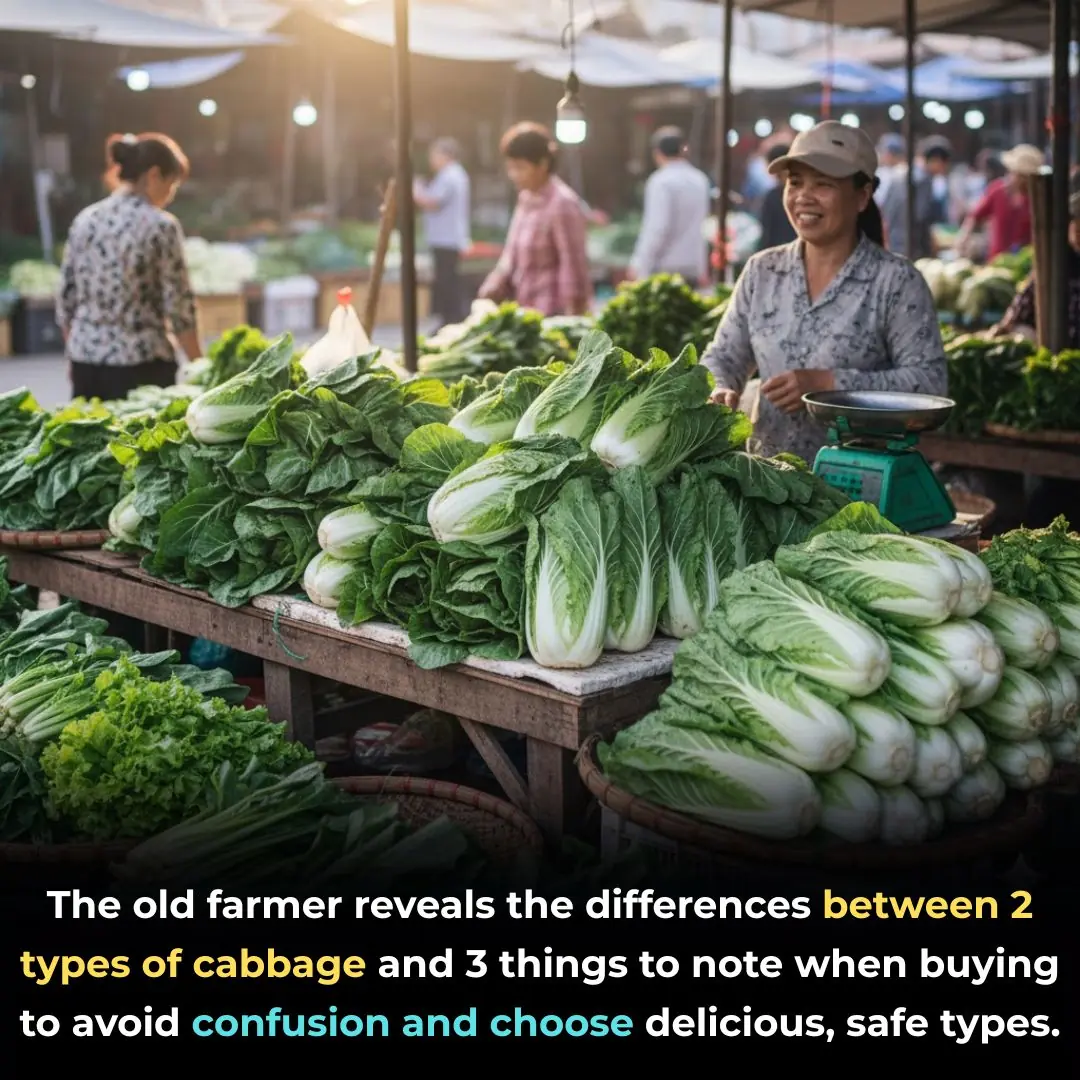
The old farmer reveals the differences between 2 types of cabbage and 3 things to note when buying to avoid confusion and choose delicious, safe types.

6 types of 'natural miracle' vegetables help the stomach get healthy every day, eat regularly for 1 week and you will see the difference
